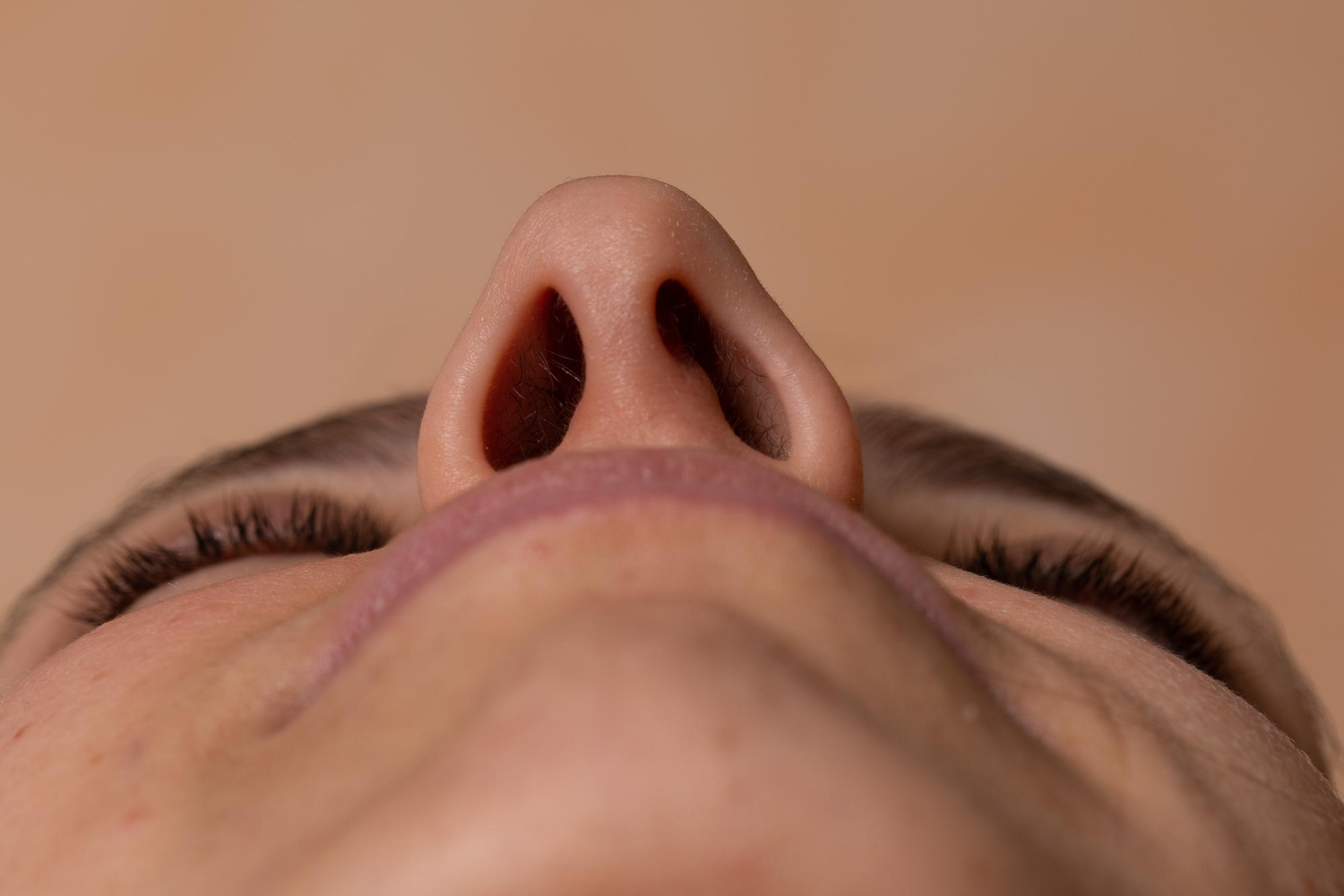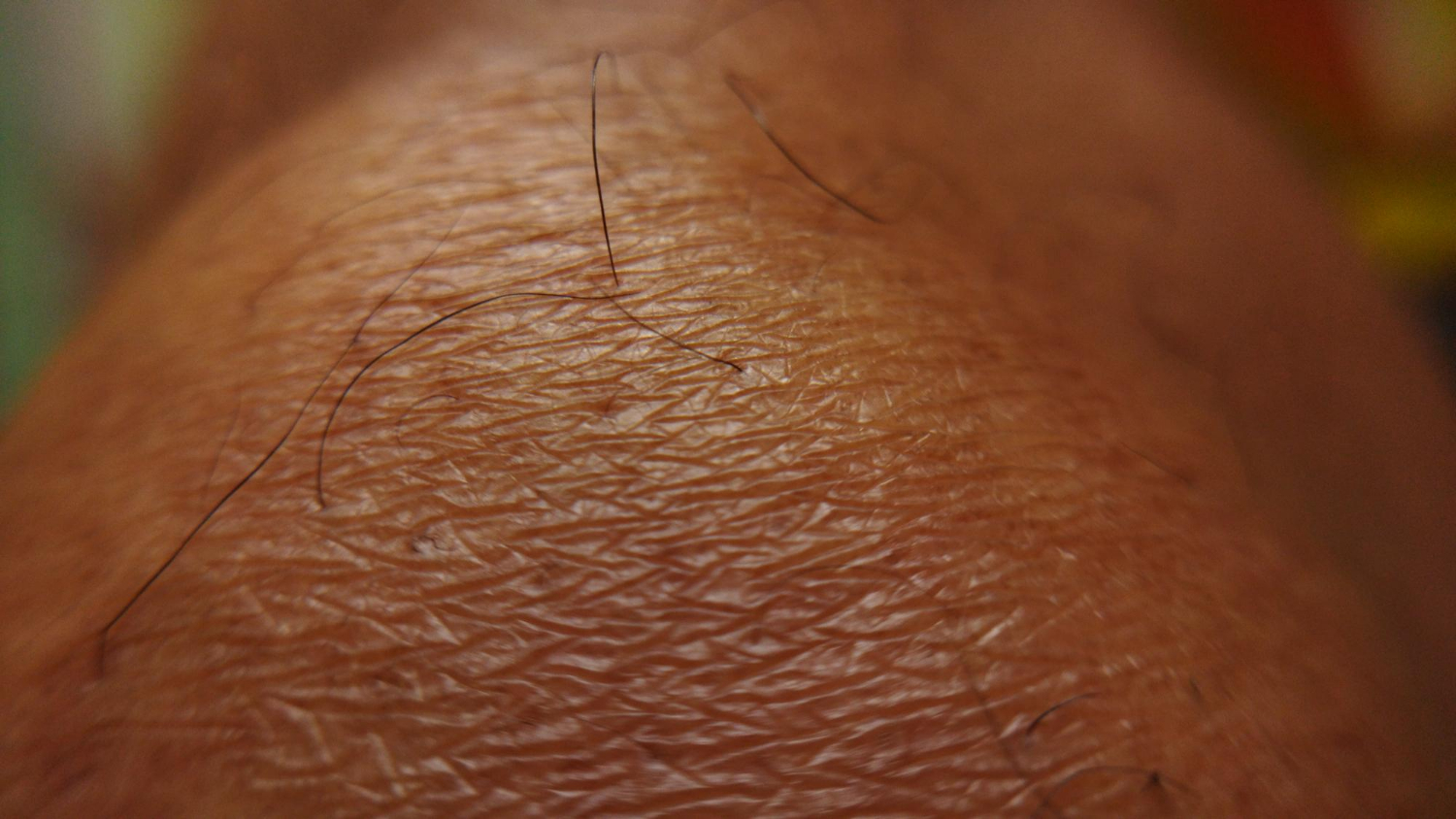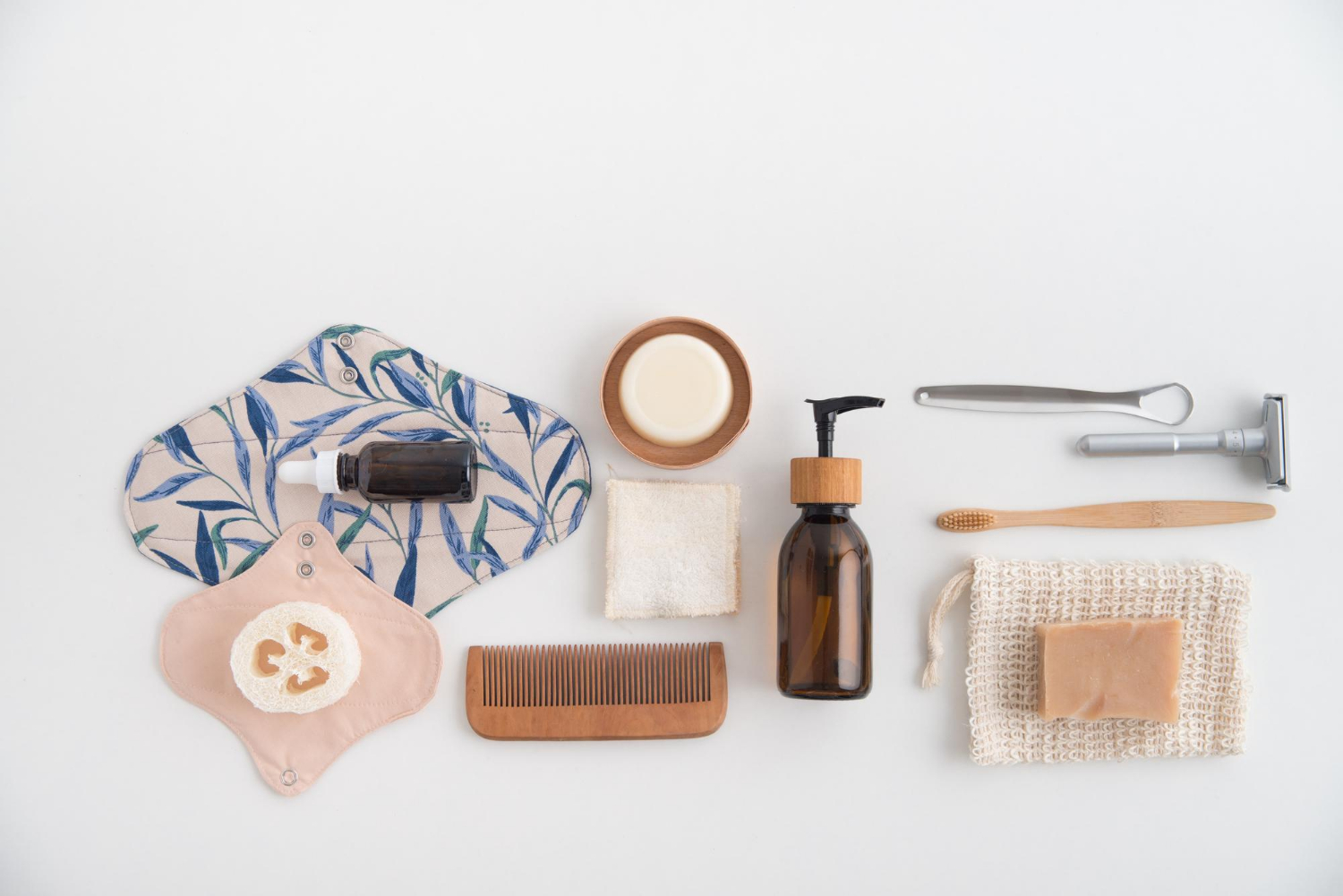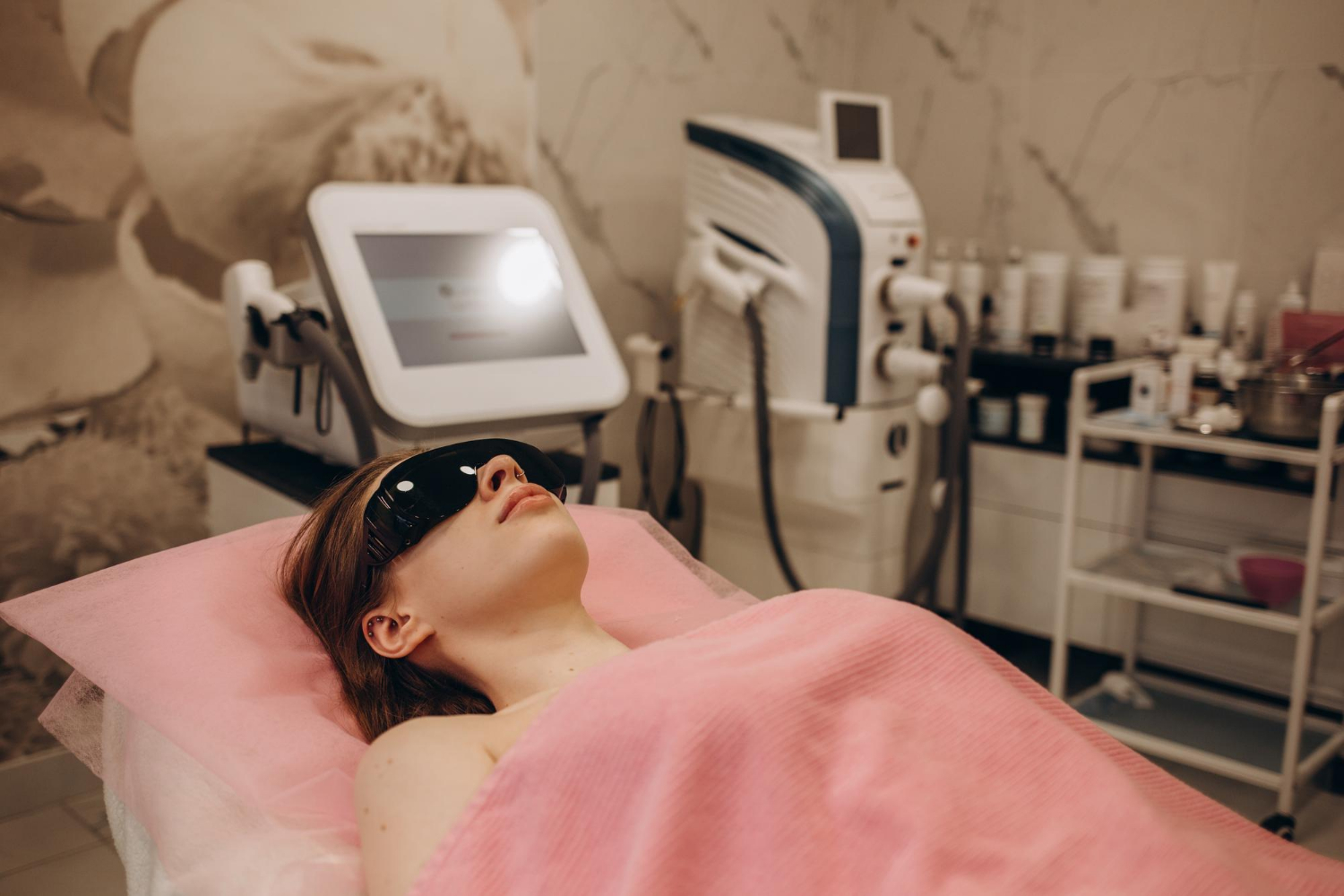Your guide to this Review is Rebecca Moses
How we review products
Show Contents

Breathe Easy: A Solution for Ingrown Nose Hair
If you often pluck out your nose hair, chances are you’ll grow an ingrown nose hair. Ingrown nose hair is a problem that affects many people and can cause discomfort and even pain.
Not only is this an uncomfortable experience, but it can also be embarrassing due to its noticeable effects.
Thankfully, treatments can relieve any soreness or inflammation caused by ingrown hairs. However, to decide on the best option, it’s essential to consider how deep or painful your condition is and how quickly you’d like results.
Ahead, we have compiled the complete treatment tips and prevention for ingrown nose hair. Read on!
Ingrown Nose Hair: Treatment Tips and Prevention
Dig deeper into ingrown hair and how to treat and prevent it so you’ll get away from this annoying condition.
What is Ingrown Hair?

Ingrown hairslittle booby traps
It’s a common problem for those who frequently shave, wax, or pluck their hair, but thankfully it can be dealt with.
The key is to gently exfoliate the area while keeping the skin moisturized so that trapped hairs can be released from their self-imposed prison without causing any further irritation.
Treatment Options
Home Remedies To Remove Ingrown Nose Hair
Basic Skin Care And Hygiene

Basic skin caredead skin cells
You should also keep the area clean by washing your face twice daily with a gentle cleanser to remove excess oil and bacteria. Make sure that you don’t use shared towels to pat dry your face after washing.
Finally, applying a moisturizer after cleansing and exfoliating is essential, as this will keep your skin hydrated.
Warm Compresses

Applying warm compresses to the affected area helps open up the skin’s pores surrounding the hair, allowing for easier removal of the ingrown hair.
Use gentle pressure when applying the warm compress, as this will further help the process.
Also, using warm compresses on existing ingrown hairs can also soothe irritation and reduce swelling. Compress the area twice or thrice a day, depending on the severity of the condition.
OTC Pain Medications

Over-the-counter (OTC) pain medications are an effective and simple way to manage the discomfort of ingrown nose hairs.
Many OTC products contain anti-inflammatory ingredients such as ibuprofen and acetaminophen, which can reduce swelling and irritation. Additionally, these medications can help to reduce inflammation and infection caused by ingrown hairs.
Make sure to follow the manufacturer’s directions for proper dosages and use the product sparingly, as too much could cause further irritation.
Natural Antiseptics

Natural antiseptics such as tea tree oil and apple cider vinegar can help remove ingrown nose hairs.
Tea tree oil has antifungal, antibacterial, and antiviral properties, which make it ideal for treating ingrown hair infections. Try soaking a cotton ball with the oil and applying it directly to the area.
On the other hand, apple cider vinegar is an acidic substance that can kill bacteria contributing to the infection. Simply dab some onto a cotton swab and hold it against the affected area for a few minutes.
Both of these remedies are safe to use and are very effective in treating ingrown hairs.
Exfoliating Agents

Try using a saline solution or over-the-counter product to gently exfoliate and get rid of ingrown hairs on the skin around your nose.
Avoid applying these products directly inside your nostrils, as doing so could cause irritation or damage the delicate skin.
You can also use hydrogen peroxide to help remove ingrown hair, but you should take caution; dilute it with water before applying and avoid inhaling or placing it inside the nostrils.
Surgical Options To Treat Ingrown Nose Hair
Laser

Laser hairnose hair
The procedure is minimally-invasive and only takes a few minutes, yet it can provide long-lasting, impossible results with traditional removal methods.
This treatment is also much safer than invasive surgery and helps reduce inflammation, scarring, and side effects.
Electrolysis

Another medical option for treating ingrown hair is electrolysis. This procedure uses an electric current to destroy the follicles and prevent the formation of new hairs.
Although it can be effective, it is often slower than laser technology and can be more uncomfortable than the latter. Each procedure has a range of pros and cons that should be considered when choosing the right one for your needs.
Surgical Removal

Sometimes, a healthcare professional may need to manually remove ingrown hairs via surgical removal. This can involve making a small incision in the affected area and then plucking out the hairs using tweezers or another tool.
This is not a very common procedure. However, it can help treat particularly stubborn ingrown hairs that laser surgery and electrolysis may not be able to tackle.
Preventing Ingrown Nose Hairs

Prevention is better than cure; hence it’s the best approach to dealing with ingrown nose hair.
Good hygiene practices are essential in keeping your nose free of unruly hairs, such as regular showering and using a facial scrub to remove dirt, oil, and dead skin cells.
Additionally, you should trim any excess nasal hair with a pair of blunt-tipped scissors or other small grooming instruments specifically designed for this purpose, such as an ear and nose trimmer.
Furthermore, use only clean tweezers using disinfectant when plucking out stubborn hairs since dirty tools can further increase the risk of infection. You must also ensure to refrain from putting dirty fingers inside the nose.
Frequently Asked Questions
What are the symptoms of an ingrown nose hair?
Some of the most common ingrown nose hair symptoms include swelling, redness, tenderness, and pain in the affected area. It may also be accompanied by itching, irritation, inflammation, and the growth of a pimple-like bump. An infected ingrown hair can cause pus drainage from the affected area in severe cases.
What causes ingrown nose hairs?
Ingrown nose hairs are caused by hair follicles trapped under the skin’s surface. This can be due to poor grooming techniques such as tweezing, waxing, or trimming, as well as underlying skin conditions such as psoriasis or eczema. Hormonal imbalances and genetics can also increase the risk of ingrown hairs.
Conclusion
All in all, ingrown nose hair is a condition you can prevent every time. Also, there are various treatments if you happen to have ingrown hairs on your nose.
So the next time you find a stray hair poking out of your nose, don’t panic! Try one of these solutions and breathe easy, knowing that you’re taking care of the problem in the best way possible.
Have you ever had an ingrown nose hair? What did you do to fix it? Let us know in the comments below!
Author
Depending on the day, you’ll find Rebecca in a well thought-out ensemble that she handcrafted herself, or in hiking and rock climbing gear. An avid outdoorswoman, cyclist, and cat lover, Rebecca reminds us all on the Groom+Style team just how much we need to get outdoors. She’s worked in spas and salons off and on before going full-time with the G+S team. Linkedin: https://www.linkedin.com/in/rebecca-moses-3158b914b/






































